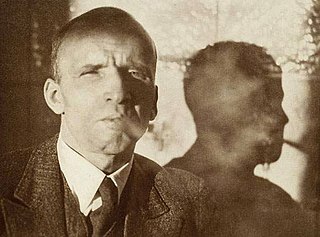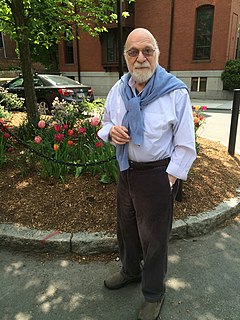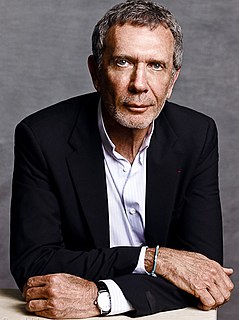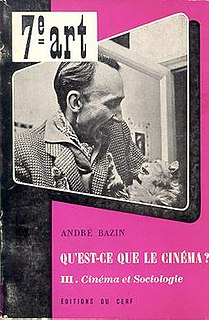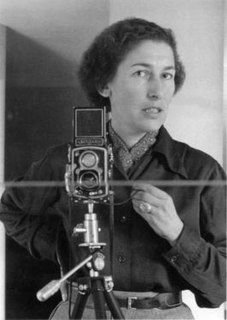A Quote by Ernst Haas
Photography is a transformation, not a reproduction.
Quote Topics
Related Quotes
To do justice to modern technology's rigid linear structure, to the lofty gridwork of cranes and bridges, to the dynamism of machines operating at one thousand horsepower - only photography is capable of that. What those who are attached to the painterly style regard as photography's defect, the mechanical reproduction of form - is just what makes it superior to all other means of expression.
So far as photography satisfied a wish, it satisfied a wish not confined to painters, but a human wish, intensifying since the Reformation, to escape subjectivity and metaphysical isolation - a wish for power to reach this world, having for so long tried, at last hopelessly, to manifest fidelity to another... Photography overcame subjectivity in a way undreamed of by painting, one which does not so much defeat the act of painting as escape it altogether: by automatism, by removing the human agent from the act of reproduction.
If Abstract Expression reached for the sublime, Pop turned ordinary imagery into icons. Roy Lichtenstein and Andy Warhol illuminated the transformative power of context and the process of reproduction. Claes Oldenburg's soft ice-cream cones and hamburgers changed sculpture from hard to soft, from stasis to transformation.
There is something abominable about cameras, because they possess the power to invent many worlds. As an artist who has been lost in this wilderness of mechanical reproduction for many years, I do not know which world to start with. I have seen fellow artists driven to the point of frenzy by photography.
In no sense other than an utterly trivial one is reproduction the inverse of chemical disintegration. It is a misunderstanding of genetics to suppose that reproduction is only 'intended' to make facsimiles, for parasexual processes of genetical exchange are to be found in the simplest living things.
The essential factor in the transition of the baroque to photography is not the perfecting of a physical process... rather does it lie in a psychological fact, to wit, in completely satisfying our appetite for illusion by a mechanical reproduction in the making of which man plays not part. The solution is not to be found in the result achieved, but in the way of achieving it.
Photography is the typical means of expression of a society founded on a civilization of technicians, conscious of the aims it has set for itself... Its power of exactly reproducing external reality, a power inherent in its technique, lends it a documentary character and makes it appear as the most faithful and impartial process for the reproduction of social life.
To know whether photography is or is not an art matters little. What is important is to distinguish between good and bad photography. By good is meant that photography which accepts all the limitations inherent in photographic technique and takes advantage of the possibilities and characteristics the medium offers. By bad photography is mean that which is done, one may say, with a kind of inferiority complex, with no appreciation of what photography itself offers: but on the contrary, recurring to all sorts of imitations.



